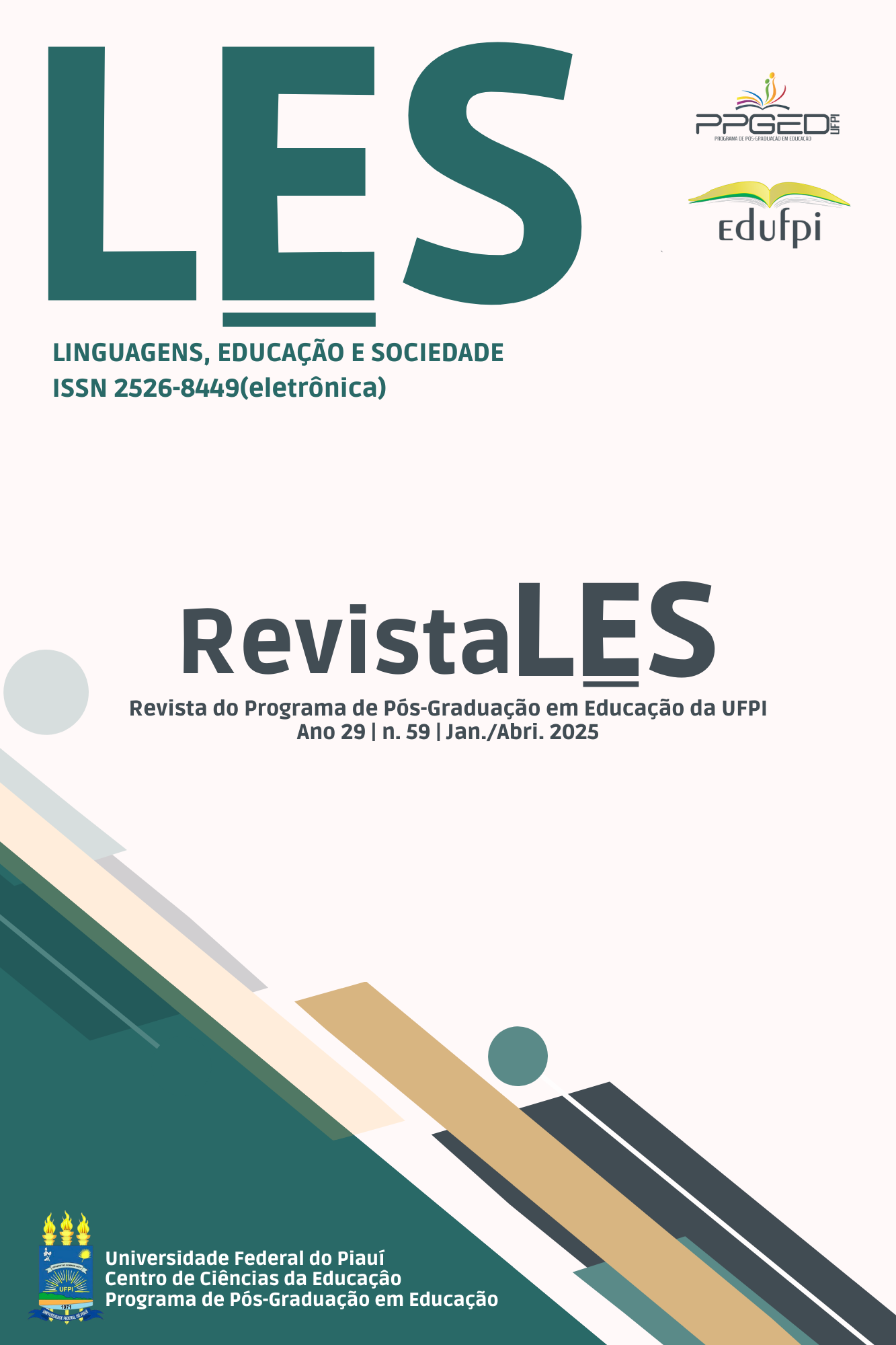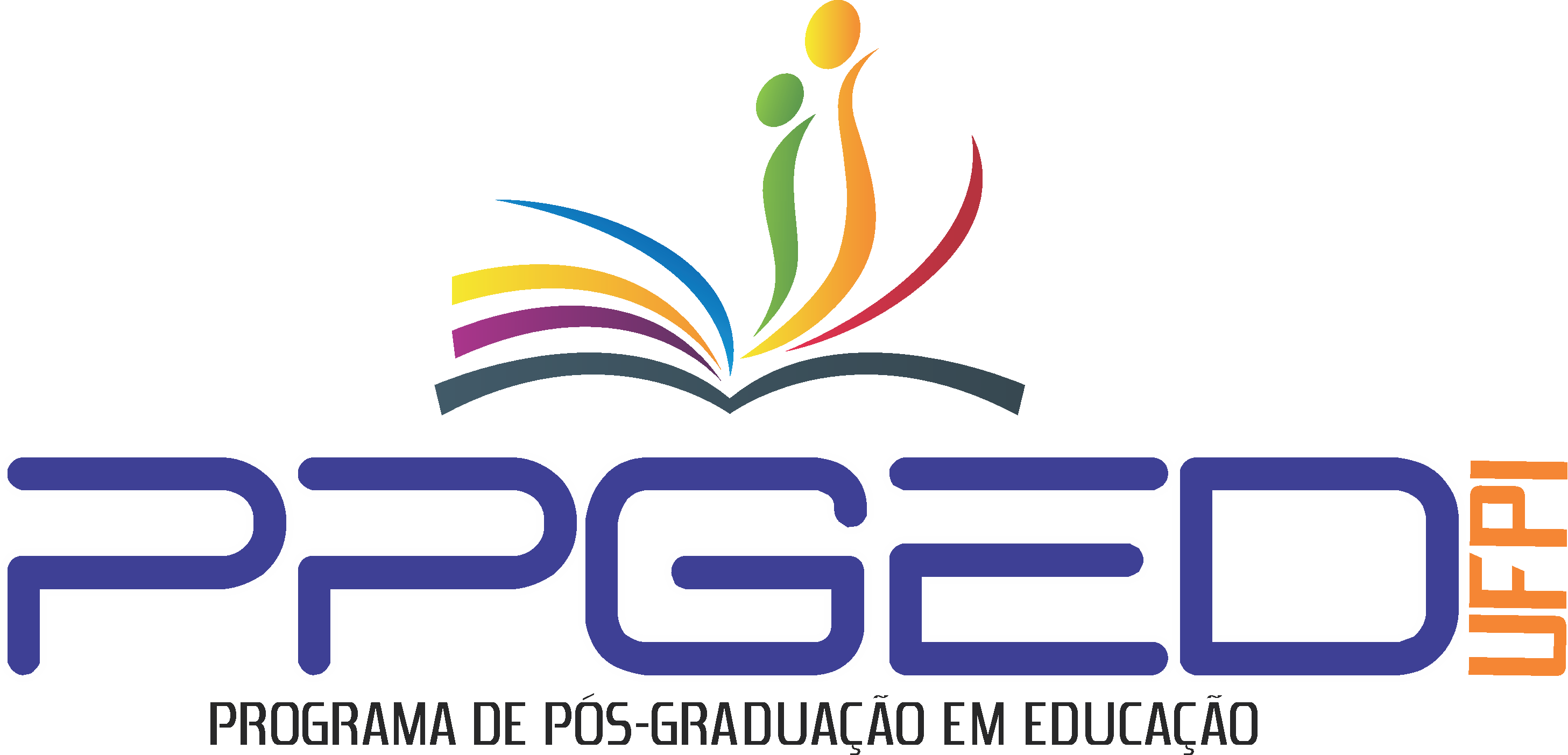FORMAÇÃO CULTURAL E EDUCAÇÃO NO CONTEXTO DAS RELAÇÕES SOCIAIS CAPITALISTAS: EDUCAÇÃO PARA QUÊ?
DOI:
https://doi.org/10.26694/rles.v29i59.6121Palavras-chave:
formação, cultural, educação, relações, sociais, experiência, AutonomiaResumo
Este artigo, de natureza teórica, apresenta uma reflexão acerca do esvaziamento dos processos formativos e educacionais no contexto das relações sociais, fundamentando-se na Teoria Crítica da Sociedade. Analisam-se as implicações das novas relações de trabalho impostas pelo emprego da ciência e da tecnologia como forças produtivas e mecanismos de controle da experiência humana, da mercantilização da cultura e da conversão da informação em conhecimento. Tomando-se como parâmetro que a crise da formação é expressão da crise da sociedade capitalista, conceitos como cultura, indústria cultural, trabalho e indivíduo são utilizados para elucidar os fatores que tendem a promover a padronização da subjetividade, o empobrecimento da experiência do pensamento e a degradação dos sujeitos. Compreende-se que, à medida que a racionalização e a instrumentalização, importantes do ponto de vista da produção, adentram as esferas que são, ou deveriam ser, o espaço da transmissão da cultura como expressão de tudo aquilo que foi produzido pela humanidade e, portanto, da individuação, tal como é o caso da educação, enfraquece o processo de reflexão crítica, fortalecendo a pseudoformação.
Downloads
Referências
ADORNO, T. W. Educação e Emancipação. Tradução de Wolfgang L. M. 2.ed. Rio de Janeiro: Paz e Terra, 1995.
ADORNO, T. W. Teoria Da Semicultura. Porto Velho: Universidade Federal de Rondônia (UFRO). Porto Velho. Ano IV, nº191, vol. XIII maio/agosto, 2005. Disponível em: <http://www.primeiraversao.unir.br/atigos_pdf/191_.pdf>. Acesso em: 20. dez. 2022.
ADORNO, T. W. Minima moralia: reflexões a partir da vida lesada. Tradução: Gabriel C. Rio de Janeiro: Beco do Azougue, 2008.
ADORNO, T. W. Introdução à Sociologia. Tradução: Wolfgang L. M. São Paulo: Editora Unesp, 2008.
ANTUNES, R. O privilégio da servidão: o novo proletariado de serviços na era digital. São Paulo: Boitempo, 2018.
BAUMAN, Z. Sobre educação e juventude. Rio de Janeiro, Zahar, 2013.
BENJAMIN, W. Sobre o conceito de História. In: Mágia e Técnica, arte e política: ensaios sobre literatura e história da cultura. São Paulo: Brasiliense, 1987.
GOERGEN, P. L. Ética e Educação: o que pode a escola? In: LOMBARDI, J. C.; GOERGEN, P. (Orgs). Ética e educação: reflexões históricas e filosóficas. Campinas: Autores Associados/HISTEDBR, 2005, p.59-95.
HARVEY, D. O fordismo. In: HARVEY, D. Condição pós-moderna. São Paulo: Loyola, 2003, p. 121-162.
HORKHEIMER, M; ADORNO, T. W. A Dialética do Esclarecimento: fragmentos filosóficos. Tradução de Guido A. de A. Rio de Janeiro: Zahar, 1985.
HORKHEIMER, M. Teoria Tradicional e Teoria Crítica. Textos escolhidos: Max H.; Theodor A. - (Os Pensadores). Tradução Zeljko L. [et al]. São Paulo: Nova Cultural, 1989.
MARCUSE, H. Algumas implicações sociais da tecnologia moderna. In: MARCUSE, H. Tecnologia, guerra e facismo. São Paulo: Editora da Unesp, 1999, p. 73-104.
MARCUSE, H. Cultura e Psicanálise. Tradução Wolfgang L. M., Robespierre de Oliveira, Isabel Loureiro. São Paulo: Paz e Terra, 2001.
MARCUSE, H. O homem unidimensional: estudos da ideologia da sociedade industrial avançada. Tradução de Robespierri de O.; Deborah C.; Antunes e Rafael C. S. São Paulo: EDIPRO, 2015.
MARX, K; ENGELS, F. Sistema de Ensino e divisão do trabalho. In: Textos sobre educação e ensino. São Paulo: Moraes, 1992, p.15.
MESZÁROS, I. A Educação para além do capital. Tradução Isa Tavares. 2ª edição. Dão Paulo: Boitempo, 2008.
NAGEL, L. H. Condições de educabilidade para uma nova sociedade: reflexões básicas. Germinal: Marxismo e Educação em Debate, v.2, n.2, p. 54-68, 2010. ISSN 2175-5604. Disponível em: http://www.uel.br/revistas/uel/index.php/germinal/index, último acesso em jul/2022.
REZERA, D.; LOPES, W. (2022). Expropriação cultural: as reformas da BNCC e do Ensino Médio em Debate. Linguagens, Educação e Sociedade, 26(52), 271–299. https://doi.org/10.26694/rles.v26i52.2958













